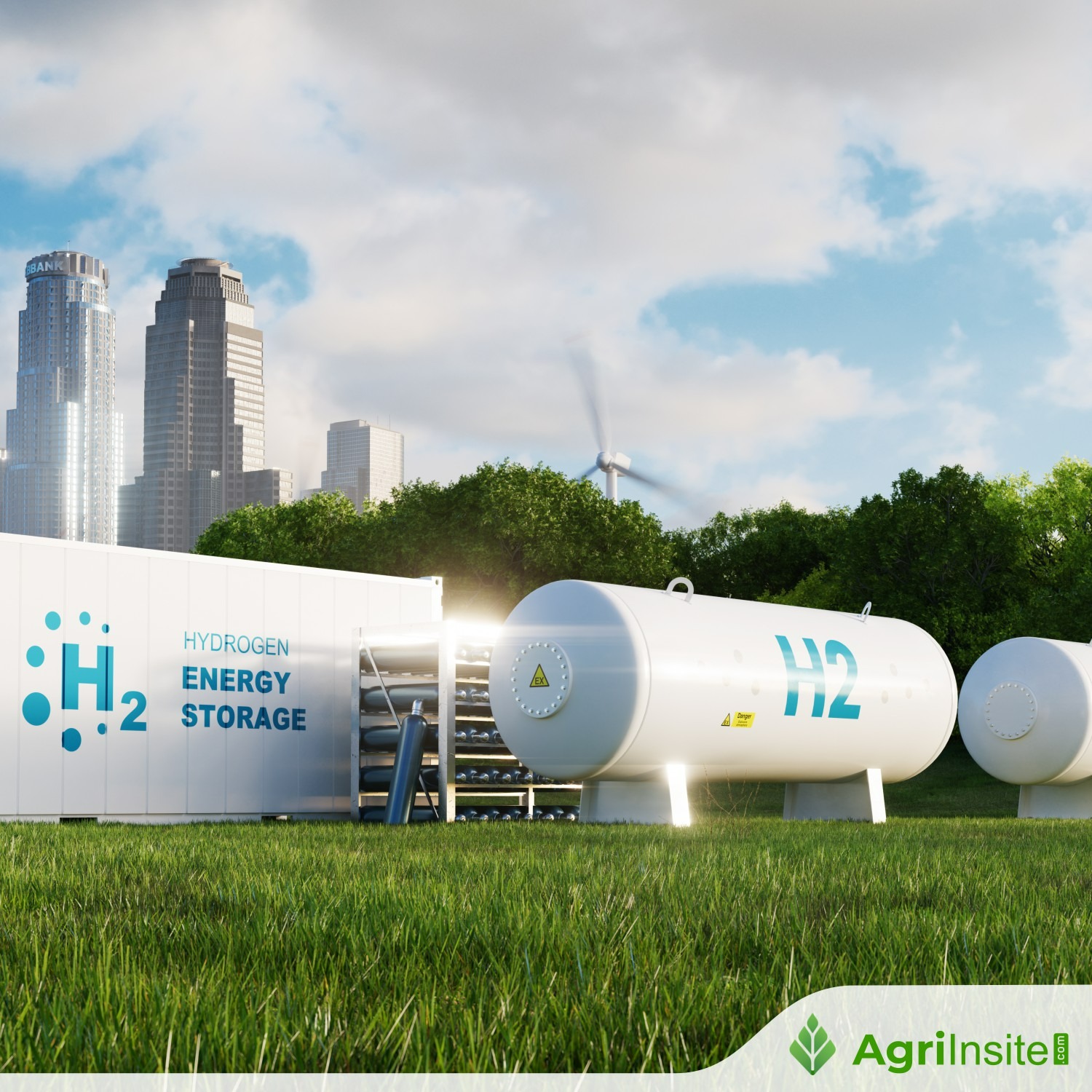MNRE Call For Proposals For Centres Of Excellence Under The National Green Hydrogen Mission

The Ministry of New and Renewable Energy (MNRE) is advancing India’s shift to renewable energy through policies that emphasize solar, wind, biomass, and hybrid systems. Key initiatives include the Wind-Solar Hybrid Policy to optimize energy production and grid stability, the Green Energy Corridor for interstate energy integration, and incentives like Viability Gap Funding.
The Ministry of New and Renewable Energy (MNRE) outlines key initiatives and policies supporting India’s transition to renewable energy. The MNRE plays a central role in accelerating the adoption of sustainable energy sources, aiming to reduce reliance on fossil fuels and align with global climate goals. This proposal highlights the ministry’s focus areas, including solar, wind, biomass, and hybrid power systems, and emphasizes the government’s commitment to ensuring energy security, grid stability, and environmental sustainability.
One of the central policies discussed is the Wind-Solar Hybrid Policy, which promotes projects combining wind and solar energy to optimize power generation and transmission infrastructure. The hybrid approach takes advantage of the complementary nature of wind and solar resources, as these energy sources are often available at different times of the day or year. By combining them, the policy aims to provide more consistent and reliable renewable power output, improve grid stability, and enhance land use efficiency.
The MNRE also discusses financial incentives and regulatory measures that encourage private sector involvement. These include Viability Gap Funding (VGF) and various subsidies for renewable energy projects, which reduce initial costs for developers and make renewable energy investments more attractive. Additionally, the proposal mentions the Green Energy Corridor project, which is designed to strengthen India’s interstate transmission system and facilitate the smooth integration of renewable energy into the national grid.
Another significant focus area is the decentralized renewable energy systems, particularly solar rooftop installations and mini-grids, which are essential for providing energy access to remote and rural areas. The MNRE supports these projects through subsidies and technical assistance, recognizing their potential to improve energy access and reduce dependence on traditional energy sources in underserved regions.
The MNRE is also committed to research and development (R&D) to advance renewable technologies. R&D investments are directed toward improving energy storage systems, enhancing the efficiency of solar panels and wind turbines, and developing new technologies to manage grid stability. Energy storage, in particular, is a high priority, as it addresses one of the main challenges of renewable energy: intermittency. By investing in battery and other storage solutions, the MNRE aims to ensure that renewable energy can be available even when the sun is not shining or the wind is not blowing.
Finally, the proposal underscores India’s international collaborations in renewable energy. MNRE actively participates in global alliances and initiatives, such as the International Solar Alliance (ISA), to exchange knowledge, foster innovation, and mobilize resources for large-scale renewable projects. These partnerships help India access global expertise and funding, accelerating the country’s progress towards achieving its renewable energy targets.
The MNRE’s proposal showcases India’s robust framework for renewable energy growth, with a clear emphasis on hybrid systems, financial incentives, decentralized solutions, technological innovation, and international cooperation. These initiatives collectively support India’s aim to become a global leader in renewable energy, reduce greenhouse gas emissions, and achieve sustainable development.

















